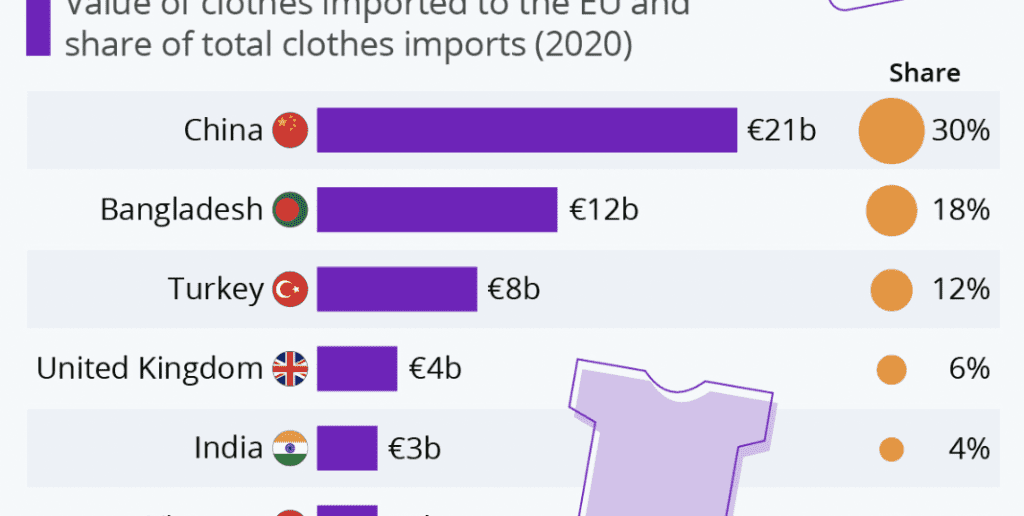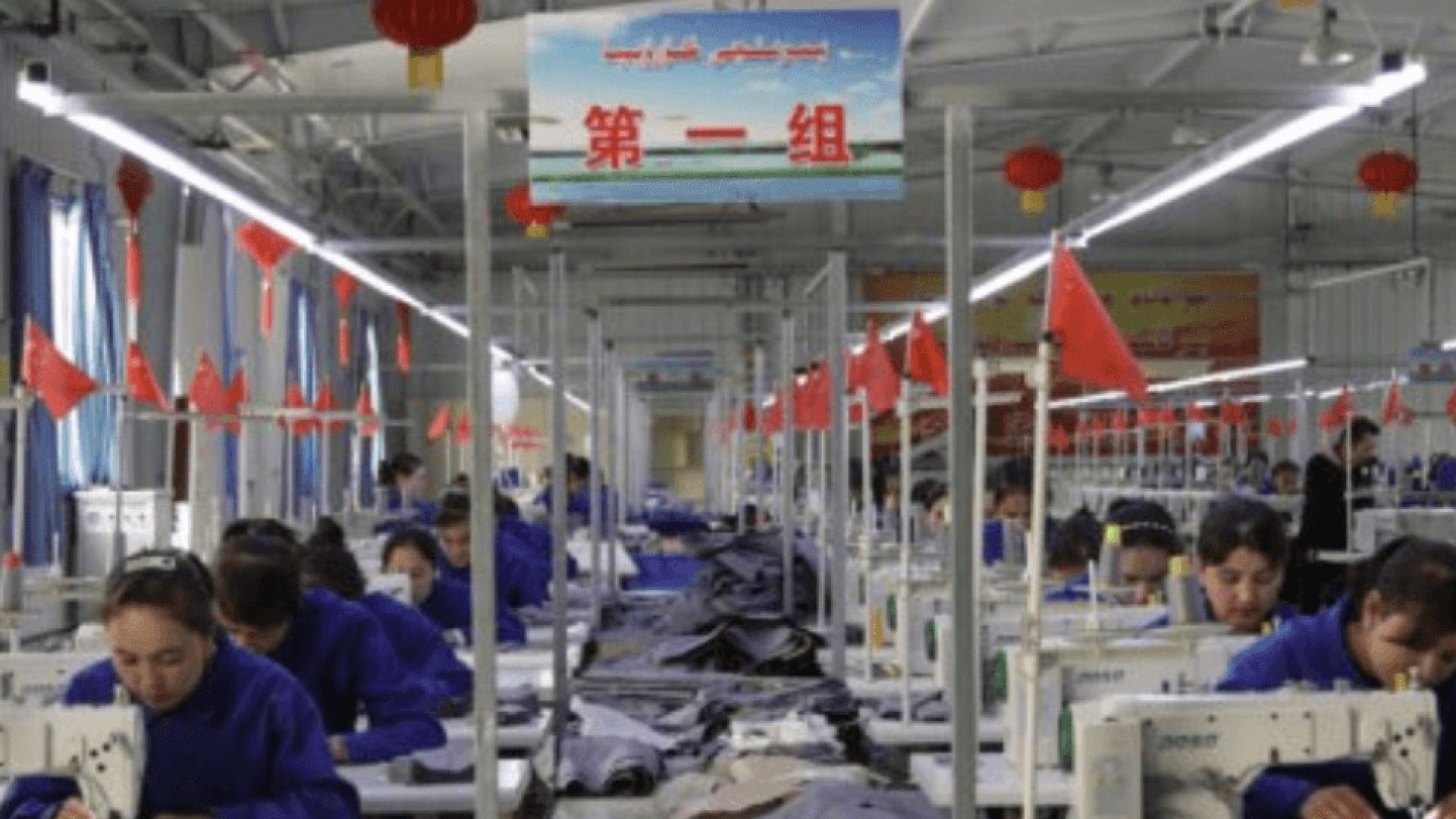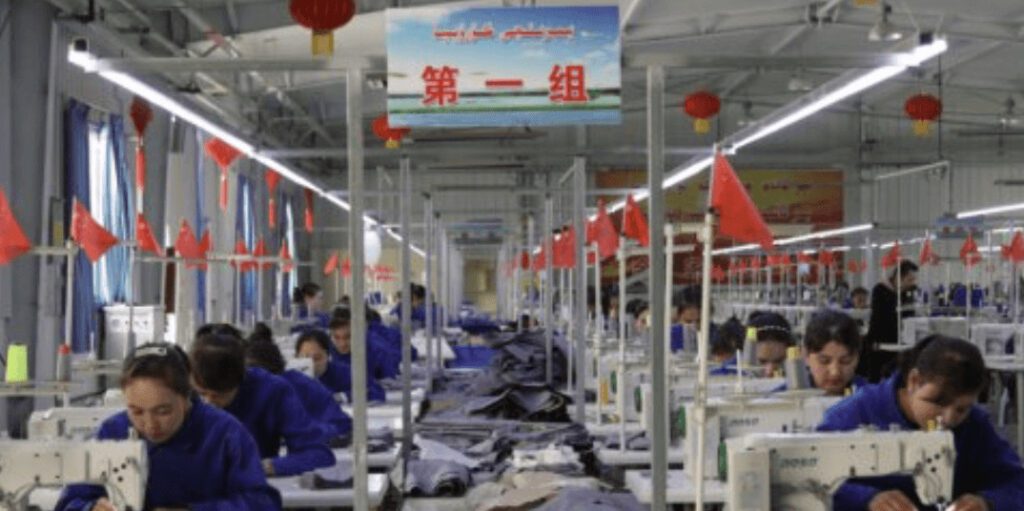Recent tests conducted by U.S. Customs and Border Protection revealed that approximately 27% of shoes and garments assessed in May were found to be linked to cotton from China’s Xinjiang region. This region has been banned due to concerns over forced labor. The challenges of complying with U.S. regulations aimed at blocking imports of cotton associated with forced labor in China are evident from these results. These regulations necessitate the exclusion of the far western region from apparel supply chains.
In May, ten out of the 37 garments collected by Customs and Border Protection were determined to be ‘consistent’ with Xinjiang. Furthermore, officials have collected three batches of footwear and apparel for enforcement purposes on three different occasions: December 22, 2022; April 11, 2023; and May 23, 2023.
These findings come from the government documents released to Reuters. Overall, 13 out of the 86 tests conducted, accounting for 15%, were identified as consistent with Xinjiang.
Among the samples collected in May, one item that returned as consistent with Xinjiang was a ‘Mickey T-shirt’ made from a blend of cotton and polyester. The significance of this is that any detection of Xinjiang cotton, regardless of the percentage, should raise concerns. Isotopic testing is not currently a routine process for U.S. Customs, as confirmed by Eric Choy, the agency’s executive director for trade remedy and law enforcement, in an interview with Reuters in June. However, individual U.S. ports can request testing if there are allegations related to specific shipments or suspicions of potential links to Xinjiang.
Retail executives and testing companies shared with Reuters that isotopic analysis is often employed to ensure suppliers only use cotton from approved locations, such as the U.S. or India. U.S. Customs and Border Protection itself does not conduct testing but has enlisted the services of Oritain, receiving cotton goods analysis worth over $1.3 million since 2020, according to records obtained under the Freedom of Information Act.
Although the provider’s name was redacted for the footwear and apparel batches collected in December, April, and May, it is unclear if Oritain conducted those tests.

Officials emphasized that isotopic testing alone does not suffice to clear shipments detained at U.S. ports due to suspected links to Xinjiang. In response, more retailers and manufacturers have implemented ‘spot checks’ throughout their supply chains to analyze materials ranging from yarns to finished fabrics.
However, even if these materials pass the analysis, there is still no assurance that they were used in the exact products under investigation, according to Choy.



